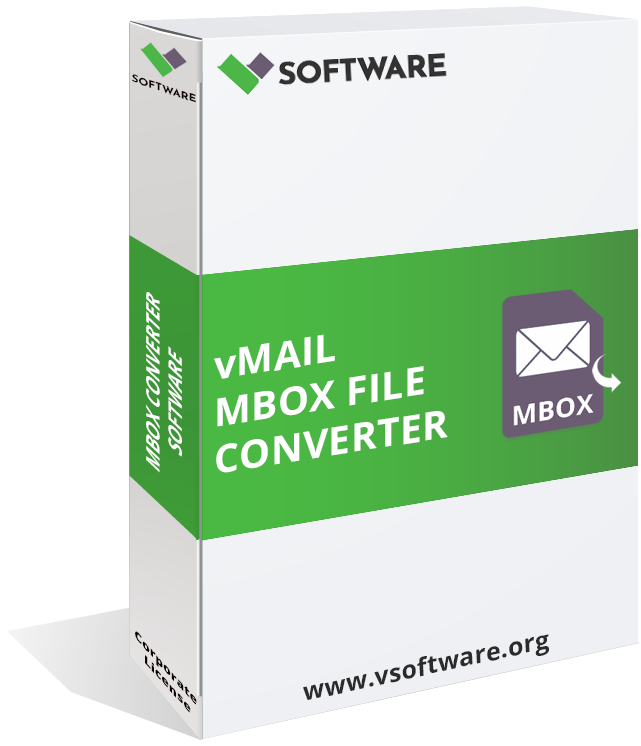Free Ways to Move MBOX to PST – Windows and Mac

Strong 8k brings an ultra-HD IPTV experience to your living room and your pocket.
The importance of email management in the current digital world is self-evident, and email file conversion is usually in demand when changing email clients. One of the usual requirements is to convert MBOX files, which are common with email clients such as Thunderbird and Apple Mail, into PST format used by Microsoft Outlook. To that end, in the article below, we analyse free methods for such email file conversion on Windows and Mac.
Understanding the Basics: MBOX and PST
Before proceeding further with the methods, let me first explain what MBOX and PST formats are, respectively:
1. MBOX
A mailbox file format employed by several email clients where emails are stored in one long text file.
2. PST (Personal Storage Table)
A proprietary file format developed by Microsoft to keep copies of messages, calendar events, and much more within Outlook.
It becomes a requirement to migrate from MBOX to PST when users shift to Outlook due to its advanced features and professional appeal.
Free Tools to Convert MBOX to PST
1. Mozilla Thunderbird (Windows and Mac)
Mozilla Thunderbird is an open-source email client widely used, which can be helpful in exporting MBOX files for use in Outlook. Here are the steps:
1. Install Thunderbird:
Download and install Thunderbird on your system if it is not already installed.
Import MBOX Files:
Install Import Export Tools NG add-on in Thunderbird.
Tools > Import Export Tools NG > Import MBOX File and import MBOX file.
Setting Up Outlook
Configure the account in Thunderbird using IMAP settings of Outlook.
Drag and drop the imported MBOX emails to the folder configured with Outlook in Thunderbird.
Sync with Outlook
Launch Outlook to get access to the emails synced in PST format.
2. Apple Mail (Mac)
Mac users can utilize the native Apple Mail application for converting MBOX files to PST indirectly as follows:
Import MBOX to Apple Mail
Open Apple Mail, navigate to File > Import Mailboxes, and select the MBOX file to import.
Export to EML Format
Select the imported emails, right-click, and select Export as EML to save individual email files.
Use Outlook for Mac:
Drag the EML files into Outlook for Mac. They will be automatically saved as PST files.
3. Manual IMAP Sync (Windows and Mac)
IMAP sync is a platform-agnostic approach that is contingent on an email account supporting IMAP:
• Establish an IMAP Email Account
Open both your MBOX email client and Outlook and configure an IMAP email account such as Gmail.
• Sync the Emails to IMAP:
Move or copy the emails to the folder on the IMAP server using MBOX email client.
• Access Emails in Outlook:
Launch Outlook, synchronize the IMAP account, and transfer the emails to a local PST file.
Advantages and Disadvantages of Free Techniques
Pros
• Cost-effective because paid tools are not necessary
• Step-by-step procedure is helpful for those people who understand how to set up the configurations of email clients.
Cons
• Long procedure requiring much manual work
• Exposure to losing or damaging the data due to an error in steps.
Only small datasets are supported; large-scale migrations may require professional tools.
Tips for a Smooth Conversion
• Backup Emails: Always create backups of your MBOX files before initiating the conversion process.
• Test in Small Batches: Begin with a few emails to ensure that the method works as expected.
• Maintain Folder Hierarchy: Ensure that folder structures are preserved during the conversion.
Conclusion
MBOX to PST conversion is possible free on Windows and Mac with tools like Thunderbird, Apple Mail, or IMAP sync. Though these are manual intervention and technical know-how-based, they are cost-effective for users. Large-scale or professional migrations can be more efficiently handled by investing in specific MBOX to PST converter tools. By following the outlined steps and tips, users can transition between email clients seamlessly and maintain their valuable data integrity.
Note: IndiBlogHub features both user-submitted and editorial content. We do not verify third-party contributions. Read our Disclaimer and Privacy Policyfor details.


